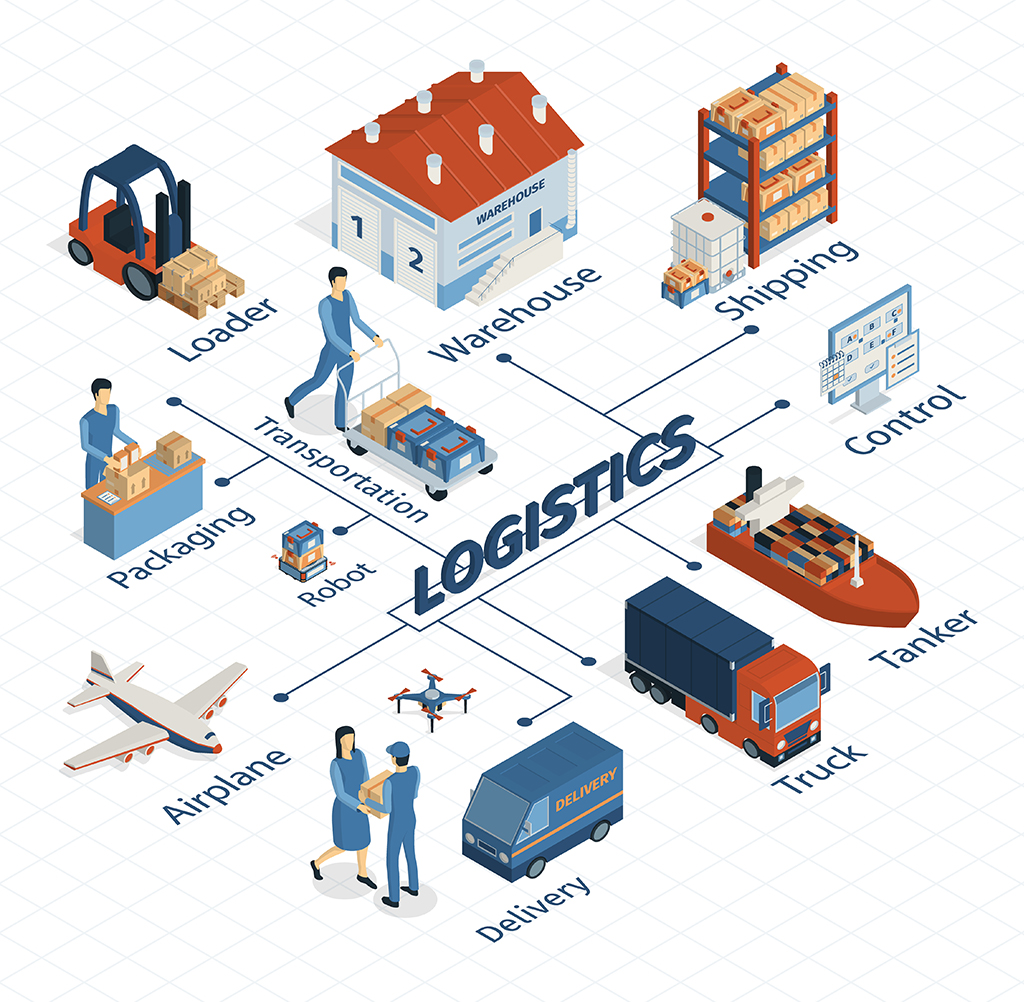Why Study B.Com Logistics at Christian College, Bangalore?
In today’s fast-paced, globalised economy, supply chains and logistics are more critical than ever. Goods need to move efficiently from point A to point B; inventories must be managed; transportation, shipment, warehousing, and regulatory compliance are all areas that require specialised skills. Choosing a degree like B.Com in Logistics is therefore smart — and Christian College, Bangalore offers a particularly strong programme. Here’s why.

1. Focused, Industry-Relevant Curriculum
- Focused, Industry-Relevant Curriculum
- It covers key areas such as transportation, shipment, and other logistics operations. Students also gain exposure to Accounting, IT, Management, International Trade, and especially Strategic Location planning.
- This means that alongside the standard commerce/financial foundation, students learn logistics-specific tools and concepts. That duality is valuable for many employers.
2. Skill Development Beyond Theory
- Christian College emphasises developing communication and leadership skills. This helps students not just learn logistics jargon, but also how to work in teams, articulate plans, present data, and lead projects.
- The programme is affiliated with Bangalore North University, so the syllabus aligns with university standards and gets updated as needed.
3. Good Eligibility and Accessibility
- The entry requirement is passing Higher Secondary / PUC / +2 (or equivalent), with a minimum of ~45% plus English. That makes the course accessible for many students.
- Duration is the standard 3 years, which is aligned with most B.Com logistics / supply chain programmes across India. So you are not taking extra time; the timeline is predictable.
4. Career Prospects & Market Demand
- Logistics and supply chain management are expanding rapidly in India given growth in e-commerce, manufacturing, import/export, and improvements in infrastructure. There is increasing demand for professionals who understand both commerce (finance/accounting) and logistics operations.
- Graduates could find roles in warehousing, transport companies, shipping / courier services, inventory management, freight forwarding, international trade departments etc.
5. Good Eligibility and Accessibility
- According to student reports, Christian College has strong placement support. One source claims over 95% placement for some batches.
- The college provides infrastructure such as good labs, library, WiFi, etc., which supports the learning process. Also, teaching is modern – using presentations, practical exercises etc.

6. Advantages Over a Generic Commerce Degree
A standard B.Com gives broad exposure to accounting, finance, service sector, etc. But the logistics specialisation adds:
Niche expertise which can command better roles (or more specialised roles).
More job diversity: instead of only finance / accounting jobs, you have options in operations, supply chain, distribution, procurement etc.
- More relevance in sectors growing fast (e-commerce, shipping, international trade, export/import etc.)
7. Challenges & What to Keep in Mind
To have a balanced view, it helps to be aware of certain challenges:
- Logistics involves operational / field exposure, often irregular hours; internships and real-world learning make a big difference. Theoretical study alone isn’t sufficient.
- Competition is increasing; many colleges are now offering B.Com in Logistics / Logistics & Supply Chain, so staying ahead means supplementing your learning with certifications, internships, soft-skills, and possibly technology/analytics skills.
- Need for continual updating: technology, regulations (customs, trade policies), environmental/green logistics, digital platforms are changing fast. Students must stay current.
Given the growth in sectors depending on logistics and supply chain (e-commerce, manufacturing, exports, retail), the skill set of “commerce + logistics operations” is in demand. Christian College’s B.Com Logistics offers a solid foundation: good curriculum, practical exposure, good placement support, and a manageable eligibility process.
For students who are interested in the movement of goods, inventory, import-export, transport, or warehousing, and who don’t want to limit themselves to only finance/accounting work, this is a very promising path.
